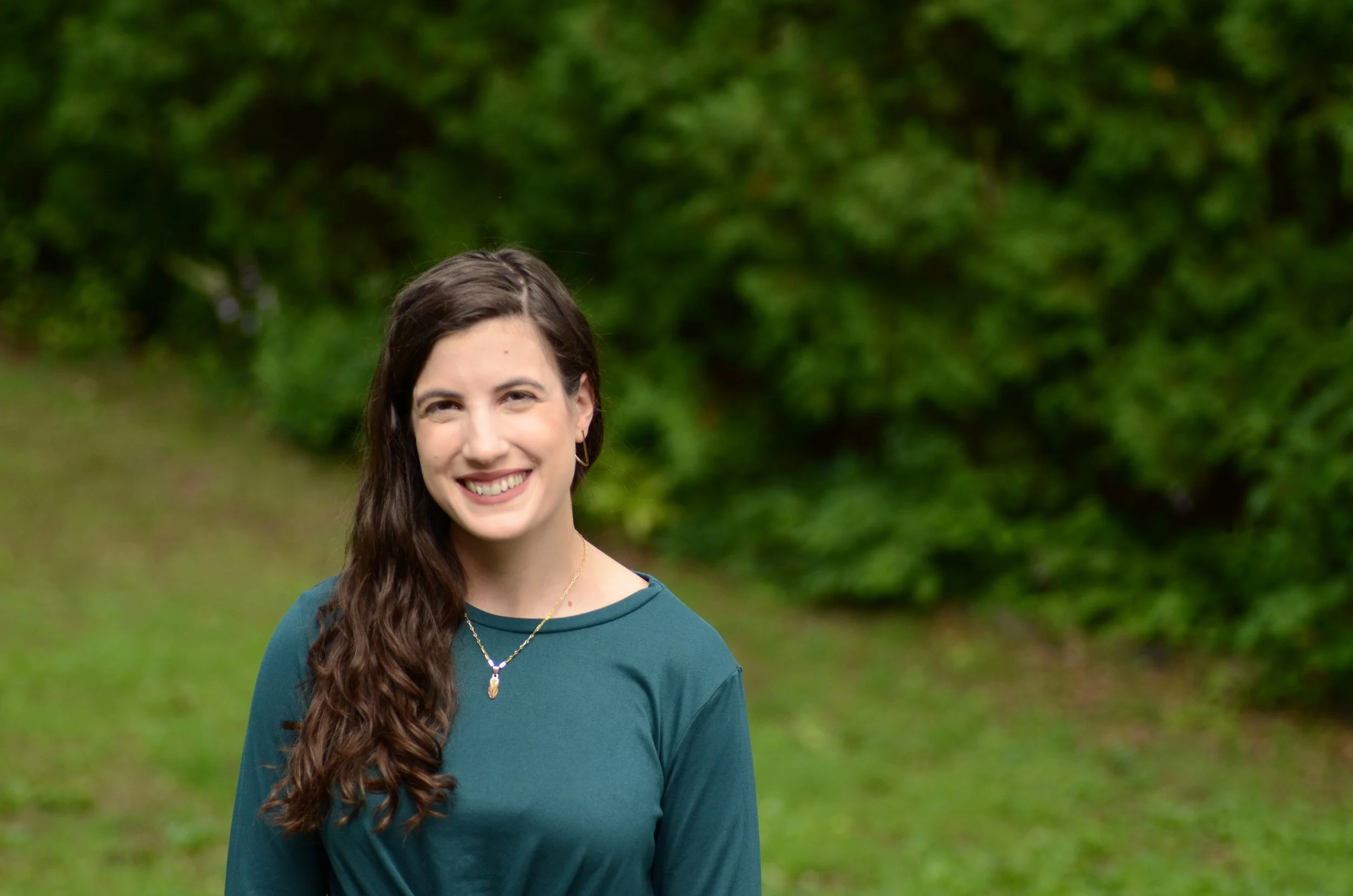How People Pleasing Shows up with Internalized Oppression
Exploring the Connection with a Trauma Therapist in Colchester, CT
The story in your head goes, “I’m the problem. And since I’m the problem, I better make sure everyone else is always at ease. Because of me. The way I move. The things I do. The way my very being threatens others.”
This story has been embedded in you. Not because you truly own it, but because the world around you has made you feel unwelcome in your body and skin. So it’s just easier. Just make them comfortable, right?
But where does that leave you?
What is Internalized Oppression?
Internalized oppression occurs “when people who are oppressed in an ongoing manner for a long time come to believe the stereotypes and myths about their own group that are communicated by the dominant group” (Hedge, 2023).
Internalized oppression is rooted in our system of oppression. When you have been made to feel “othered,” discriminated against, or stigmatized because of some part of your identity, this can be taken inward, or internalized. When internalized, you may start to believe that these oppressive systems and practices in our society are true and normal and that you are, in fact, deserving of being made to feel like an “other.” When this belief is taken in, there are many ways to cope with the daily onslaught, stress, and terror of being made to feel less than others.
How People Pleasing Plays its Part.
One way to cope is people pleasing. People pleasing, or the fawn response, is a survival response, similar to fight, flight, or freeze. The people pleasing response emerges when we are stressed and scared, and perceive the need to placate, or please, a perceived threat or authority figure in order to secure our safety. In systems of disparate power and systems of oppression, this can become a strategy of survival: please the perceived oppressor and keep your peace and safety.
The Loss of Self. The Loss of Love in Self.
You learn to protect, but you have internalized what a harmful system perpetuates. People pleasing allows you to keep making others more comfortable, while at the same time, reaffirming that you must be a source of discomfort. And in order to make everyone else comfortable, you forgo your identity and your fully embraced self, with every part of your identity, culture, and history.
Guess what? Internalized oppression prevents you from accepting and loving all parts of yourself.
What would it be like to take pride in you, to give yourself full, whole love, and to move through the world owning who you are, rather than believing the harmful story that hurts you and everyone else?
Where Do You Begin?
Observe the systems that got you here: Identifying the systems that create disparity and oppression and observing how they have impacted you will support you in separating what is your responsibility from what is the fault of a harmful system’s. I invite you to identify what affects you in the present day and what has impacted your family in past generations, as the effects of trauma and the skills used to survive can be passed down. You can’t dismantle until you notice and hold those truths.
Practice self-compassion and gratitude: Name what you love, enjoy, and are proud of as it relates to you and those who are a meaningful part of your world. Express what you are grateful for. Identifying these aspects of your internal experience will support you in internalizing your accomplishments and wonderful qualities rather than focusing on a story that centers you in a negative light
Create meaningful connections to your identity, community, and culture: Based on what you enjoy, are proud of, are grateful for, explore places and relationships where you can build on those feelings through direct experiences. The purpose may be centered in meaningful moments that bring connection to your true self, rather than a focus on what others expect of or want from you based on harmful or stereotypical ideas. For example, if you find you love cooking, this may be an avenue to connect to your identity and culture with those equally passionate about cooking. Look for spaces that cultivate inclusion, mutual support, and encouragement.
Get Started in Therapy at Nurturing Willow Psychotherapy in 4 Simple Steps:
Click the button below to schedule your free 15-minute consultation phone call
Fill out the pre-consult form
Consult with Alice Zic, your new caring therapist
Begin your journey towards healing and becoming your true, authentic, fully embraced self
Online Therapy in Colchester, CT for Parentified Children of Immigrants
It is so challenging finding others, especially a therapist, who understand your unique life experiences. Not only did you grow up within the push and pull dynamic of your family’s love and criticism, but you also grew up amidst cultures, never quite belonging in any one. As a daughter of Bosnian immigrants and a trained trauma therapist, I get it. I offer the ease of online therapy in Connecticut: no long drives (accompanied by surprise potholes, yikes). All you need is your private space, wifi, and your device for us to meet. My virtual practice is located in Colchester, Connecticut and I offer online therapy throughout Connecticut. Click below to learn more about getting started with online therapy in Connecticut.
Online Therapy in Falls Church, VA for Parentified, Misfit Children of Immigrants
You need a therapist who gets it, who gets what it was like growing up between cultures—feeling like you weren’t good enough for one culture and were too much for the heritage culture. As a daughter of Bosnian immigrants, I understand this unique experience and offer the ease and access of online therapy in Virginia. No hectic commute through Virginia traffic, no hassle, just your device, wifi, and your private space is all you need. Click the following buttons below to learn more and to get started with online therapy in Virginia:
Other Therapy Services Offered in CT & VA at Nurturing Willow Psychotherapy
Sources
Hedge, Sushmitha (2023) What is internalized oppression? https://www.scienceabc.com/social-science/what-is-internalized-oppression-definition-h3h3-example.html. Science ABC.







